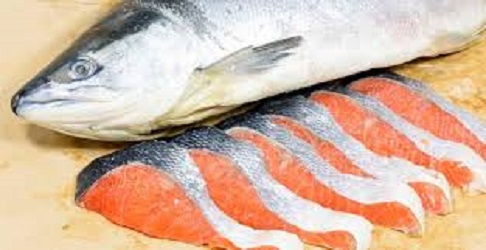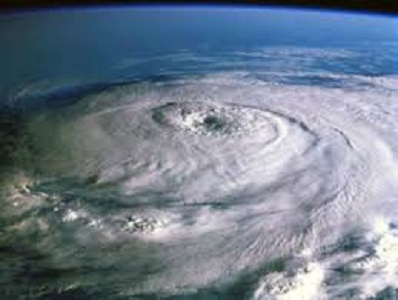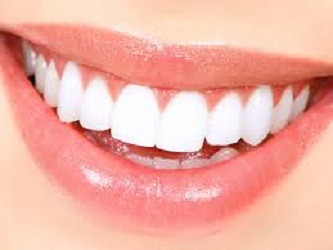
Low Carb Snack – Sometimes, the whole world of snacking seems to be based on the one thing you’re supposed to limit: refined carbs. Even the “healthier” packaged items, like granola bars, smoothies, and crackers, are full of them. If you look past the vending machine, though, you’ll find plenty of other tasty options, like these smart snacks. The best part? They’re as easy to toss together as they are delicious.
Here are some great low carb snack ideas
- Apples & Cheese
These are a delicious low carb snack. Pair half a cup of apple slices with string cheese for about 10 grams of carbs. The combination of protein, fat, and fiber makes it a filling and satisfying.
- Avocado
Mash one-quarter of a ripe avocado and spread it on two light rye crisps for a crunchy, creamy snack with 18 grams of a low carb snack, plus plenty of fiber and heart-healthy fat.
- Yogurt and Cucumbers
Use a cup of low-fat, plain Greek yogurt as a creamy dip for 1 cup of refreshing cucumber spears. It adds up to12 grams of carbs and a mega dose (20 grams) of appetite-satisfying protein.
- Turkey Roll-Ups
Roll up 1 ounce of sliced turkey in lettuce leaves with mustard. This light, crisp snack has about 3 grams of carbs and will get you through the afternoon.
- Cottage Cheese and Berries
Pair a cup of low-fat cottage cheese with half a cup of fresh or frozen blueberries and a little of your favorite no-calorie sweetener. This is a dessert-like snack with 18 grams of carbs.
- Celery and Peanut Butter
Fill two medium celery stalks with 2 tablespoons of natural-style peanut butter for a nibble that will take you back to your childhood, with only 9 grams of carbs.
- Beef Jerky
Look for jerkies made from grass-fed beef, which have big flavor and just 10 grams of carbs per serving (about 1.5 ounces).
- Hard Boiled Eggs
Cut one in half and spread on a little hot sauce to make it as full of flavor as it is of protein. That’s a zesty bite for less than 1 gram of carbs.
- Nuts
One ounce of crunchy, salty, mixed nuts will keep your energy up for hours for only 5 grams of carbs per ounce.
- Kale Chips
Some store-bought varieties have less than 10 grams of carbs. You can cut that number even further by making them at home. Tear the leaves from a bunch of kale. Rinse and dry them. Toss with 1 tablespoon of oil and 1/4 teaspoon of salt. Roast them in your oven at 300 degrees for 20-25 minutes, until the kale is crispy.
We hope this information was helpful. Remember for all those minor illnesses or injuries, We at On Call Medical Clinic are here 7 days a week to help. Please visit our website at www.oncallclinic.com to learn more about all the medical services we offer as well as skin care treatments.





